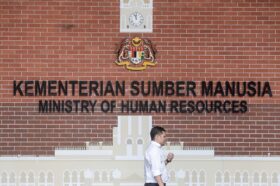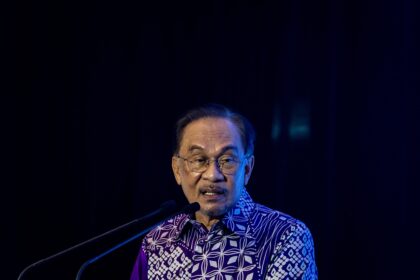KUALA LUMPUR, May 30 — The Malaysian Bar has urged the government to urgently table the Senior Citizens Bill, stressing the need for a comprehensive legal framework to protect the country’s growing elderly population.
With Malaysia projected to become an aged nation by 2040 — when 14.5 per cent of the population will be aged 65 and above — the Bar said this demographic shift demands legal safeguards to ensure the welfare and dignity of senior citizens.
“We commend the government’s reported progress on the Senior Citizens Bill and hope that our analysis will be considered in the final draft,” the Bar wrote in a statement today, referencing efforts by the Ministry of Women, Family and Community Development to finalise the legislation.
The Bar highlighted that 58 per cent of 54-year-old Employees Provident Fund contributors have less than RM100,000 in savings, far short of the RM240,000 benchmark needed to sustain a RM1,000 monthly income for two decades after retirement.
It also applauded the government’s move to consider raising the retirement age to 65, which would allow willing and able seniors to continue contributing to the workforce.
In its recommendations, the Bar called for codified legal rights for the elderly, mechanisms to address elder abuse, the creation of a national oversight body, expanded community-based care, and improved access to legal and financial aid.
The Bar further emphasised the need for mandatory licensing and regulation of care homes, noting that only 393 of these facilities are registered, with over 700 believed to be operating without oversight.
It also stressed the importance of addressing mental health and social inclusion, and advocated for the use of gerontechnology — such as telehealth services and wearable health devices — to improve elderly care.
The Bar cited best practices in Canada and South Korea, where comprehensive legal frameworks have improved the wellbeing and dignity of senior citizens, and expressed readiness to contribute legal expertise to strengthen the proposed legislation.
Source:  Senior Citizens Bill crucial as Malaysia nears aged nation status, says Malaysian Bar
Senior Citizens Bill crucial as Malaysia nears aged nation status, says Malaysian Bar

































